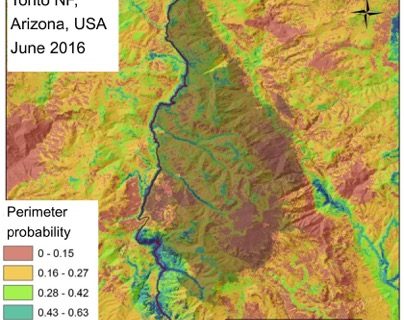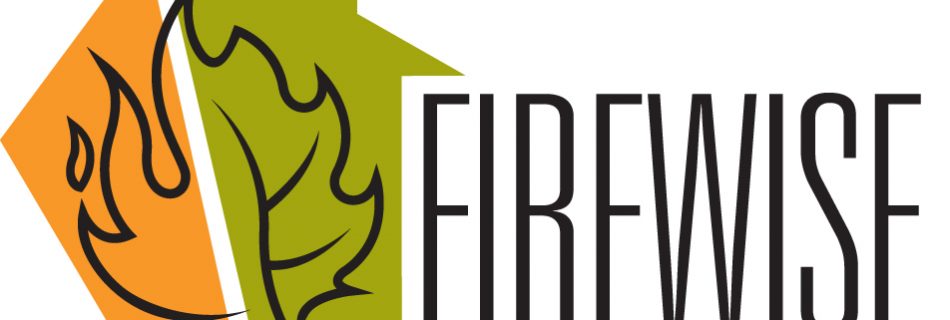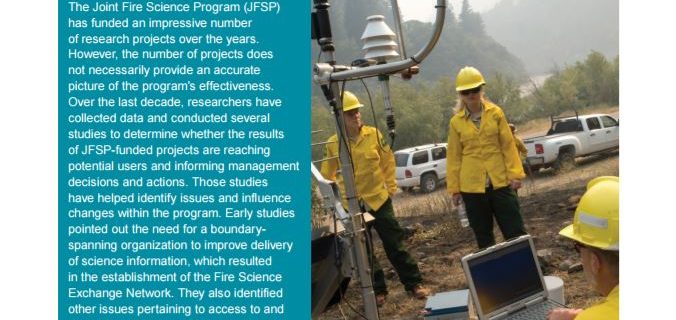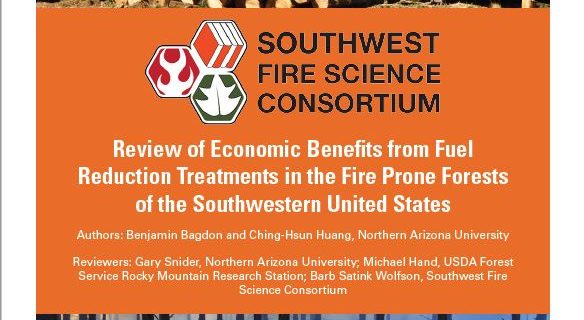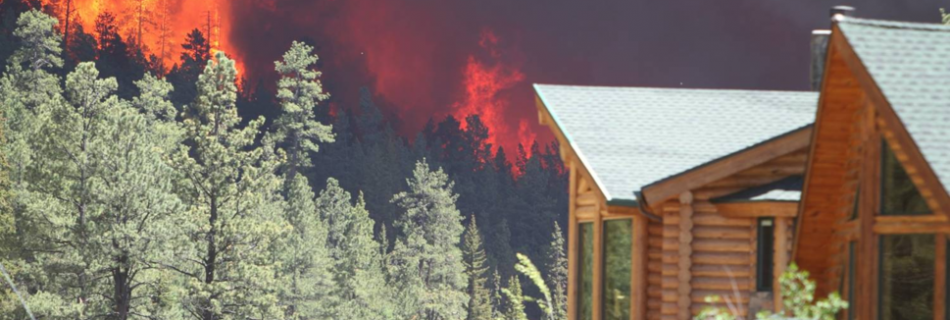May 17, 2017: Getting ahead of the wildfire problem: Linking operational fire response to landscape planning objectives
Getting ahead of the wildfire problem: Linking operational fire response to landscape planning objectives Date: May 17, 2017 11am AZ/12pm MDT Presenter: Christopher O’Connor, US Forest Service RMRS Human Dimension Program, Wildfire Risk Management Team Part of the solution to dealing with the increasing complexity of wildfire management is to reduce uncertainties inherent within active fire …

